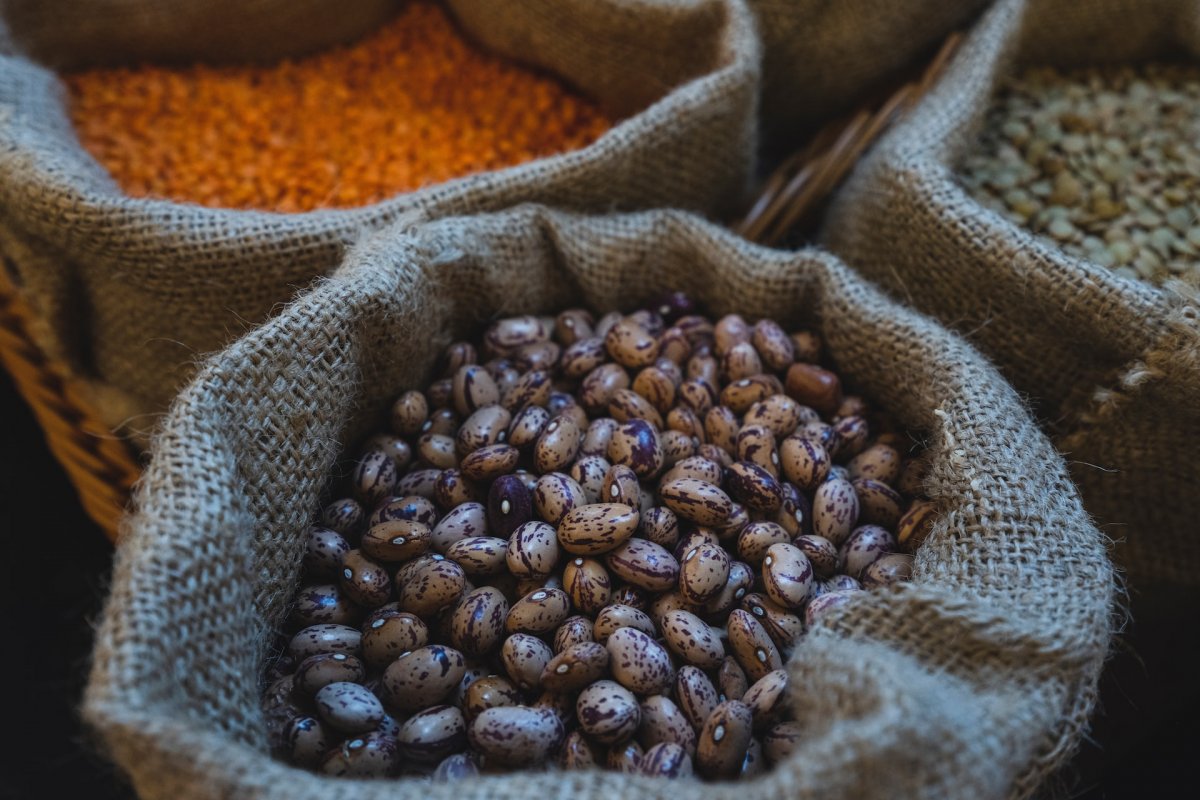
Too much saturated fat in your diet can increase the level of “bad” LDL cholesterol in the body. Excess cholesterol can lead to heart disease and increase the risk of stroke or heart attack.
“Reducing saturated fat intake and replacing with healthy unsaturated fats can help control cholesterol levels,” says dietitian Vasilisa Ponomareva, especially for MedicForum.
This< i>“especially important for those who have already had a cardiovascular event.”
“One of the delicious and heart-healthy lunch options is red chili and bean soup.”
br>This low-fat, plant-based lunch is made up of vegetables and beans.
“And with a light chilli, it will help keep you full until your next meal.”
High Cholesterol: Named vegetables that can reduce its level by 30%
Legumes such as peas, beans and lentils are a good substitute for meat. They are high in protein and fiber and low in saturated fat.
“The type of fiber found in legumes may help reduce the absorption of cholesterol into the blood.”
Another recipe recommended by Ponmareva is “sandwich with cheese and walnuts.
Champignons are good for lowering cholesterol and improving the heart
This creamy and crunchy sandwich will help make lunch healthy, as well as tasty and satisfying .
“All you need is whole grain, barn or rye bread, low-fat cheese spread, walnuts and celery.”
Replacing white bread with whole grain alternatives helps increase your fiber intake, keeping you feeling full longer. This recipe ensures that “you're getting healthy fats” into your body.
Healthy eating can make a huge difference in cholesterol levels and heart health.
In addition to healthy meals, it's important to remember that you eat for breakfast and dinner, as well as snacks.
Good additions include:
- Fruit
- Vegetables
- Nuts
- Seeds
- Whole grains
MedicForum has previously written about how kidneys may hurt.
Important! purposes. Ask a specialist about contraindications and side effects and under no circumstances self-medicate. At the first sign of illness, consult a doctor.
